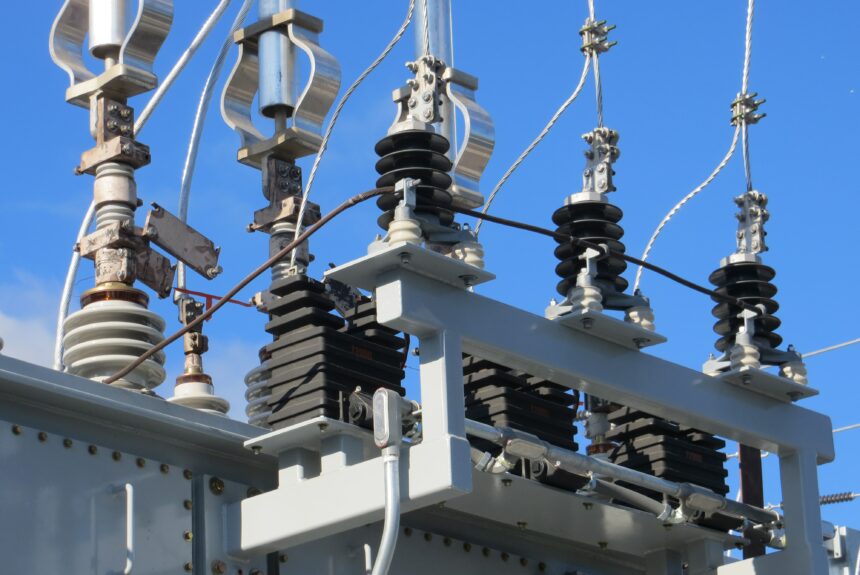Early in the Obama administration, then-Chief of Staff Rahm Emanual told the Wall Street Journal that: “You never want a serious crisis to go to waste. And what I mean by that, it’s an opportunity to do things that you think you could not do before.”
That seems cynical, but we see politicians do it over and over again. Even as recently as last month, when everyone from former President Trump to Transportation Secretary Pete Buttigieg to a bipartisan group of U.S. senators scrambled to take advantage of a train derailment in Ohio as a way to score political points.
>>>READ: Texas State Senate Considers Electricity Market Restructuring
Of course, that approach isn’t limited to national politics.
Probably the biggest statewide crisis in recent years happened in Texas during a winter storm in February 2021. Millions were left without power and natural gas service for days and in some cases weeks. More than 240 people died.
Everyone agrees this should never have happened and can’t be allowed to happen again. But while they have proposed some effective solutions, some bureaucrats and commissioners at the Public Utility Commission of Texas who are opposed to free market competition are also trying to take advantage of what was a real crisis by imposing new restrictions on the state.
To understand the problem, let’s first look at how the power grid works in Texas. For a quarter of a century, the state has been leading the way with a deregulated retail energy market. Most energy consumers can select which retailer to use, just as they are able to choose which supermarket to shop at or which car to buy. That competition has delivered lower prices and better service.
But empowering consumers means reducing the power of bureaucrats, and those bureaucrats are striking back. For example, the PUC wants to impose new restrictions on certain energy sources, saying they were not especially effective during the deep freeze. It means renewables such as solar and wind.
Of course, the sun wasn’t shining and the wind wasn’t blowing during a massive winter storm. But Matt Welch of Conservative Texans for Energy Innovation says these outages were predictable and weren’t really the problem.
Welch says that during the storm, a third of the state’s natural gas supply was offline. That is what cut off power to so many homes. “If we’re smart,” Welch says, “we can design a grid that accommodates all those moving pieces, and throw in battery storage, too, and we can make it work, if we have the willpower.” That is an all-of-the-above approach to develop more sources. Yet the PUC is working, instead, to build more natural gas plants and sideline renewable energy.
Energy analyst Doug Lewin says that is the wrong approach. “In spite of everything that went wrong, there were still adequate resources in the system. The problem, again, is that the resources Texas has often don’t work when Texans need them. Just building more gas plants is like dealing with your car’s gasoline leak by doubling your gasoline spending.”
Some economists at the University of Texas are looking for real solutions. The PUC should be working to promote energy efficiency measures, improve demand response mechanisms, and connect the state’s power grid to the other two American grids. Indeed, Texas is unique in having its own power grid while the other two grids divide up 49 states: One in the east and the other in the west. More integration could enable better sharing of power whenever necessary.
>>>READ: Texas Grid Proposal Should Bolster Reliability, Protect Consumers
Luckily, lawmakers are pushing back against the bureaucratic power grab. State Senator Charles Schwertner, a free-market conservative Republican, sent regulators a notice which said, “SB 3 did not direct the PUC to replace the state’s energy-only market with an unnecessarily complex, capacity-style design that puts the competitive market at risk without guaranteeing the delivery of dispatchable generation.”
That is exactly what Becky Klein, a C3 Solutions’ Board Member, recommended when she testified for the legislature. She notes that energy policy in the state should remain focused on commitment and certainty. “By that I mean that the Legislature has stayed committed to a certain philosophy; the philosophy of competitive, free market principles.”
Such principles, and the all-of-the-above approach they deliver, are the solution to the problems in Texas, and in energy markets everywhere.
The views and opinions expressed are those of the author’s and do not necessarily reflect the official policy or position of C3.
